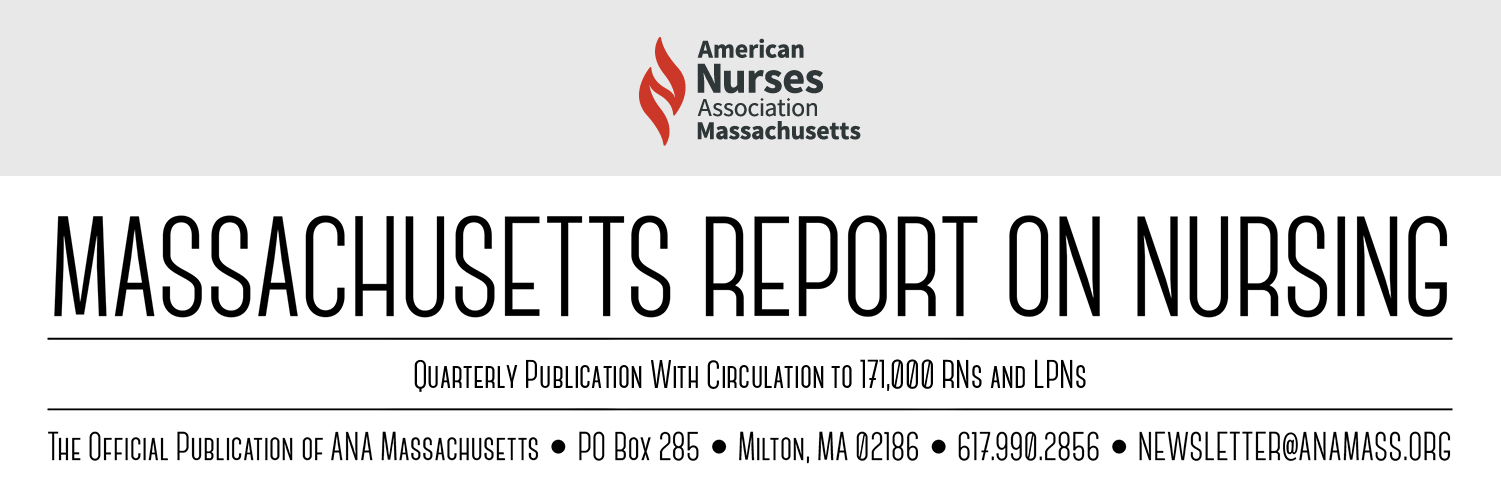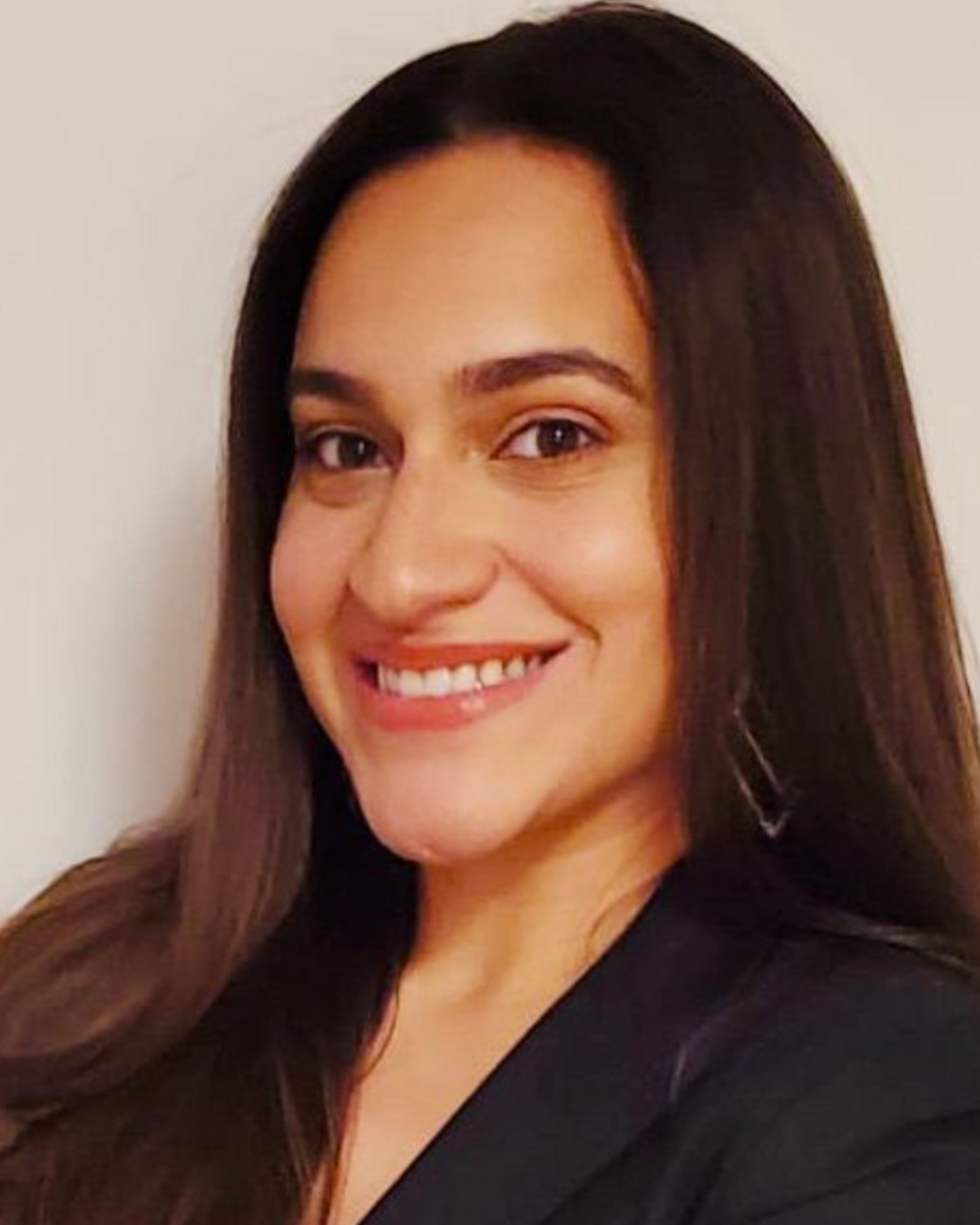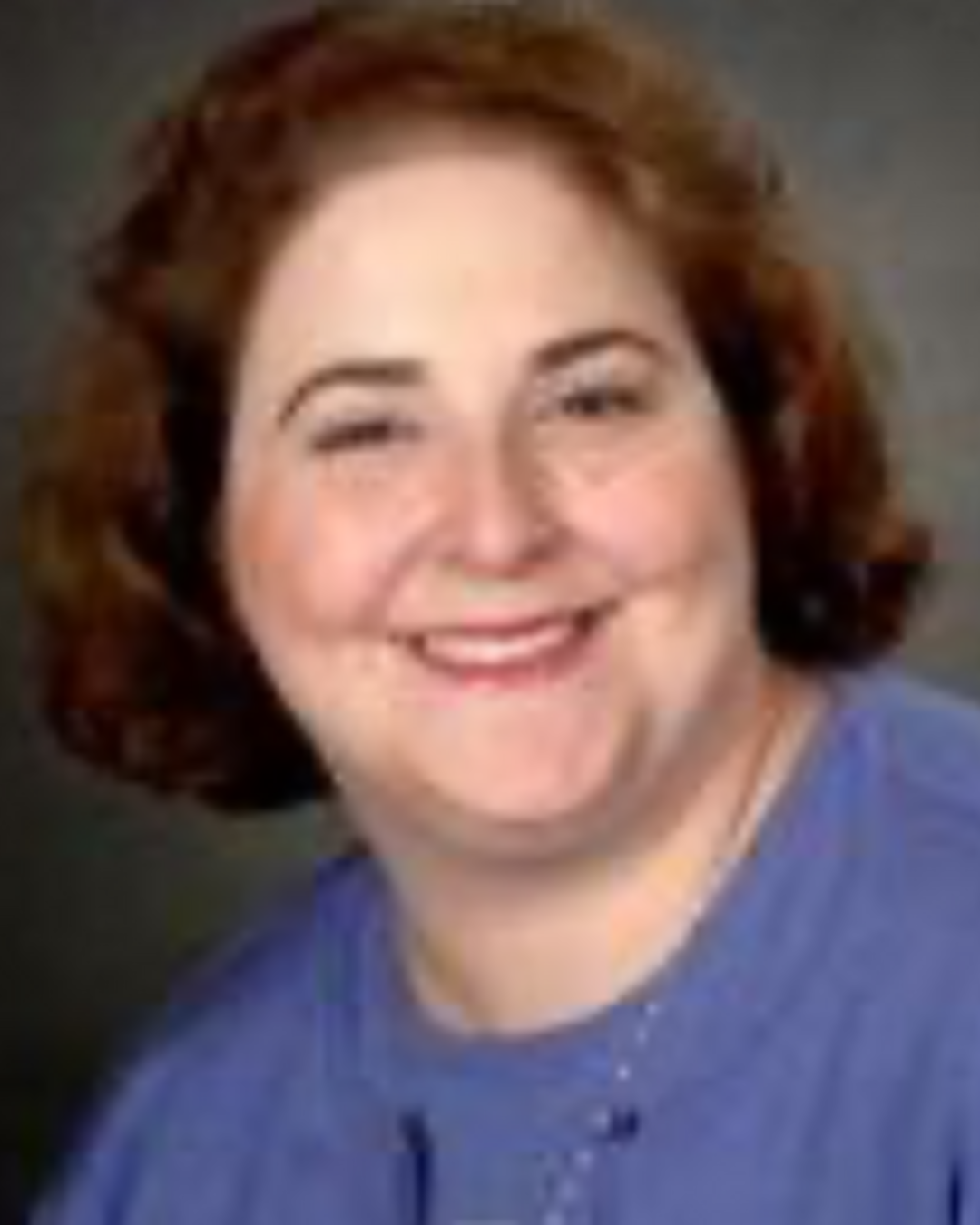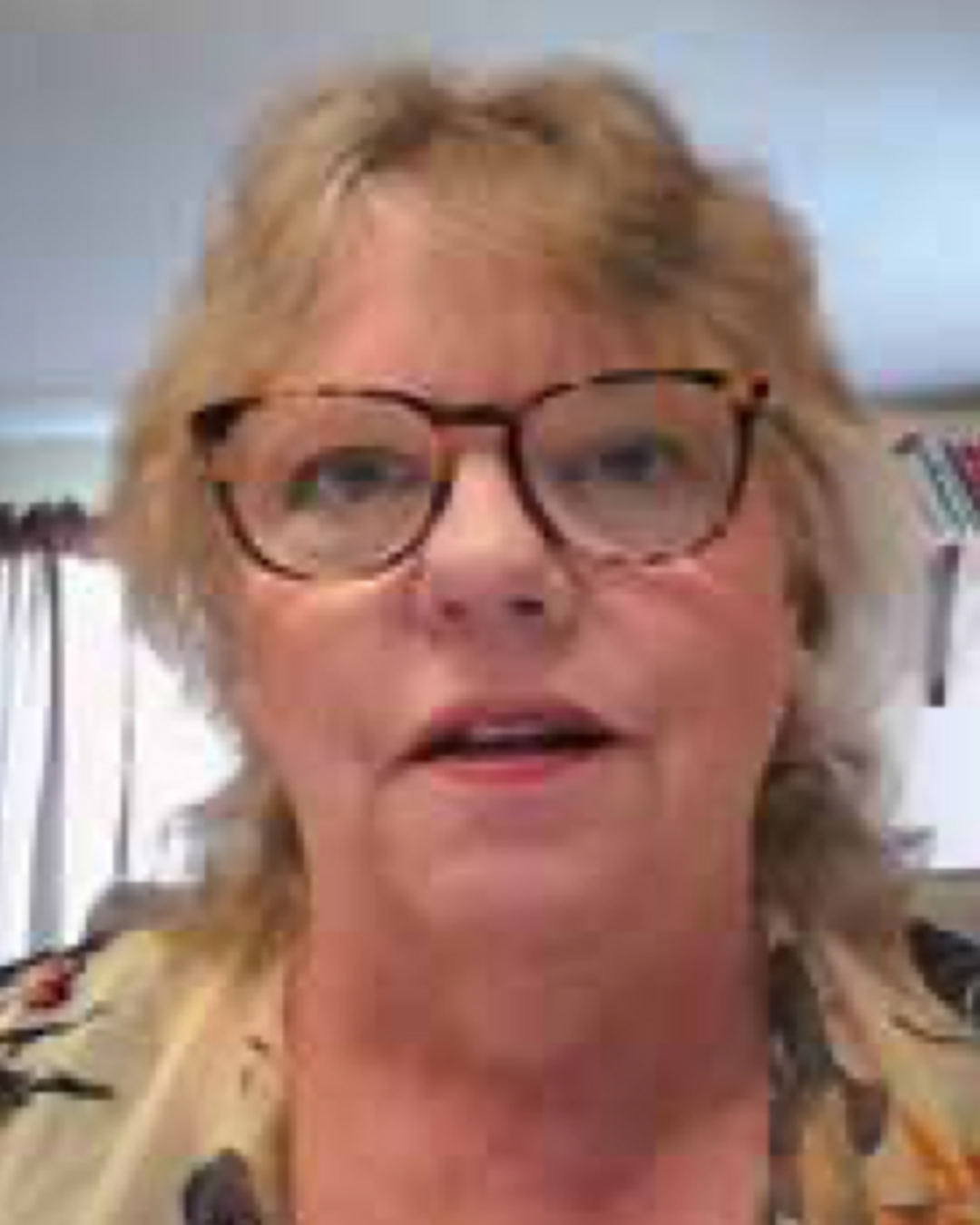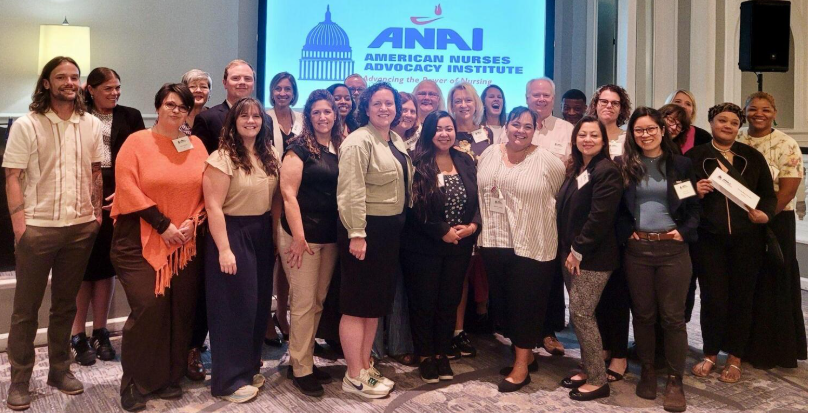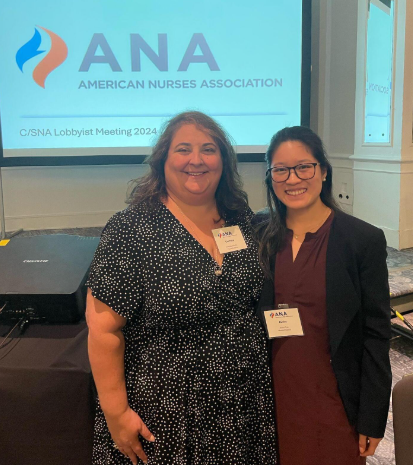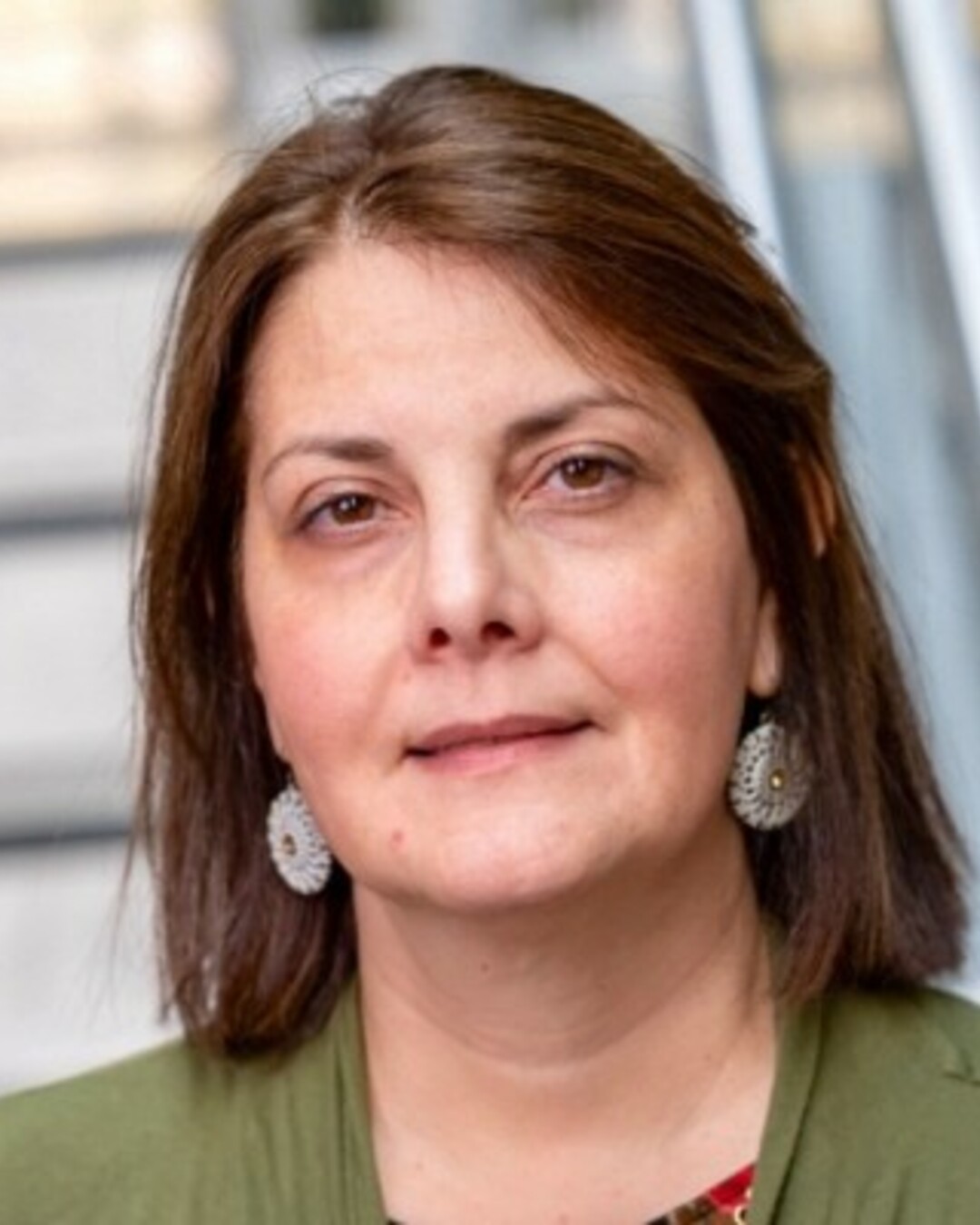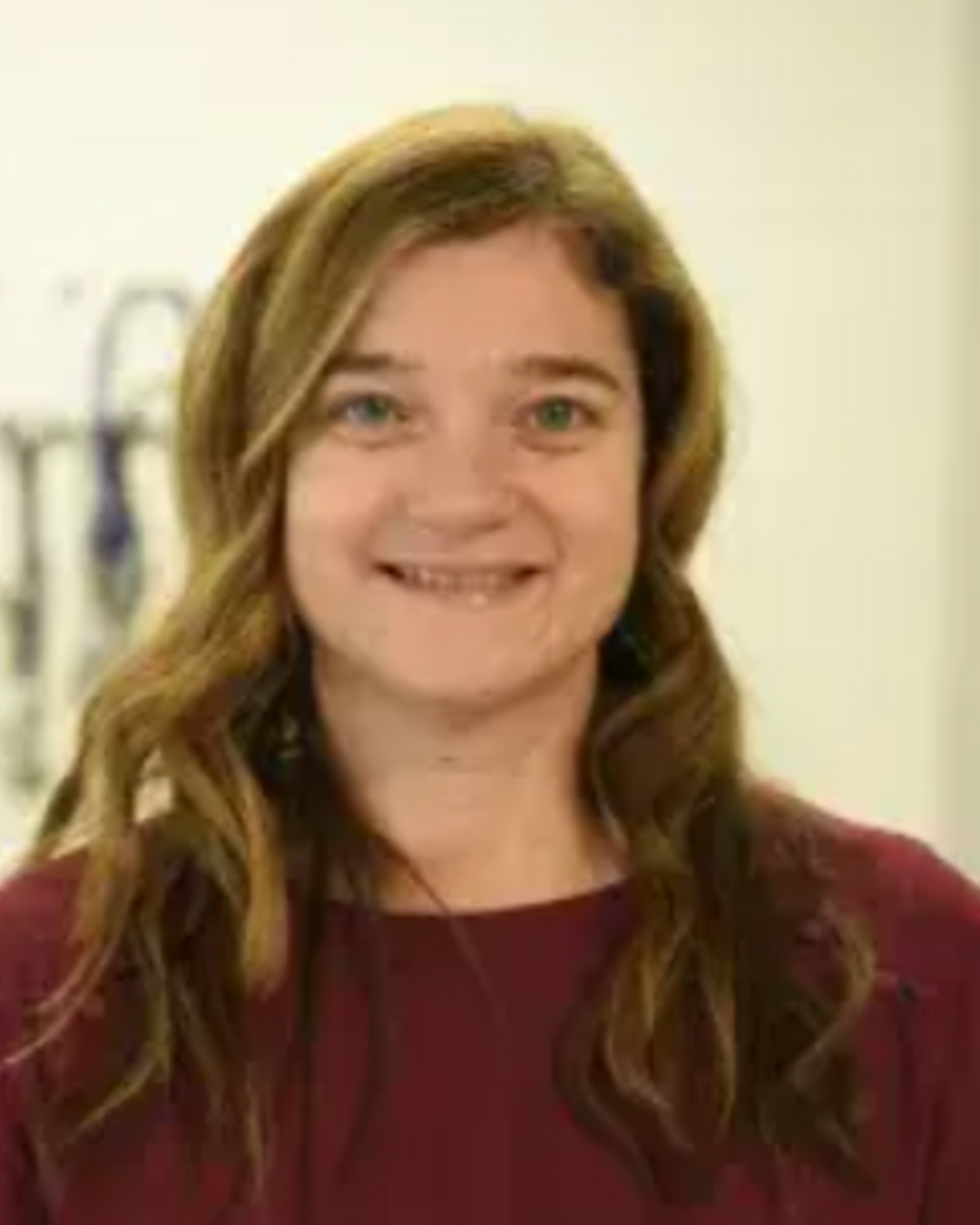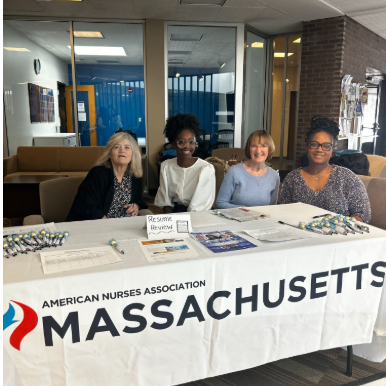
Julika Wocial, MSN, MS, CCRN
Nominated by: Margie Sipe
It is rare that a young nurse educator has made such a profound impact on students and the nursing community, but Julika Wocial clearly exemplifies the highest level of dedication and commitment to nursing education and her students. During the time she was a student, she was a sought-after teaching assistant who was always front and center, helping her classmates and other students through her clear explanations and strong mentoring strategies. She also brings to her current role as an instructor teaching pre-licensure students at the MGH Institute of Health Professions a unique interdisciplinary perspective from her first master’s degree in Biological Oceanography. She is able to draw connections to oceanography and nursing that engages students in a unique way and empower them to achieve academic excellence. Students flock to her office hours and express gratitude for the difference these have made. Additionally, prior to her nursing education in the US, She was born and educated in Poland, making her sensitive to the concerns of students from a variety of cultures and experiences, further adding depth and perspective to students within the classroom and beyond.
We need young educators who are committed to helping prepare students to be well-positioned to enter the workforce. Julika’s commitment to making the complex concepts understandable is a true talent. She also serves as a role model for fellow faculty colleagues by sharing ways to incorporate inclusive language and foster a sense of belonging. She has been recognized with awards by MA/RI League for Nursing (MARLIN, now NE League for Nurse Educators). and is known for her active involvement in NLN, American Association of Critical Care Nurses (AACN), and Eastern Nursing Research Society (ENRS). The future for nurses entering practice is in good hands with outstanding educators like Julika Wocial.

Amanda Choflet, DNP, RN, NEA-BC
Nominated by: Janet Monagle
Dean Choflet is an innovative leader who is transforming Nursing education while advancing critical research on healthcare workers’ well-being. As the dean of the Northeastern University School of Nursing serving 1,200 students across two states, her significant contributions include developing a comprehensive course lead structure that ensures consistent, high-quality education across multiple teaching sites, and establishing an innovative faculty mentorship program that systematically develops new faculty members through virtual platforms and personalized mentoring. Dean Choflet’s warm demeanor and unwavering commitment to fostering a sense of belonging have created a supportive academic environment where faculty, staff, and students thrive.
Her research focuses on substance use and emotional well-being among nurses, nursing students, and vulnerable populations, with a particular interest in maladaptive coping mechanisms and how modern healthcare structures influence help-seeking behaviors of nurses and other health professionals. Dean Choflet has challenged traditional perspectives by advocating for harm reduction strategies and improved mental health resource access, arguing that healthcare culture often normalizes unhealthy coping mechanisms while stigmatizing those who struggle with addiction and mental health challenges. Through both her administrative leadership and research, she is creating positive change in nursing education and healthcare culture, serving as a model for academic innovation while advocating for systemic changes in how we support health professionals’ well-being and resilience.
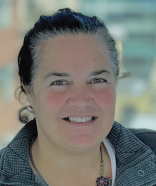
Erin Manzi, BA, RN, CPN
Nominated by: Eva Gomez
Erin Manzi exemplifies clinical excellence, patient advocacy, and professional integrity, making her a truly deserving recipient of the American Nurses Association Massachusetts (ANAMASS) Excellence in Nursing Practice Award. As a Staff Nurse III at Boston Children’s Hospital, Erin’s dedication to compassionate, evidence-based care has left a lasting impact on patients, families, and colleagues alike. She skillfully synthesizes complex patient data and applies innovative strategies to ensure each patient receives tailored, high-quality care. Her unparalleled ability to support patients and families makes her a pillar of guidance for junior nurses as they grow in their careers.
Beyond the bedside, Erin’s influence extends into mentorship, education, and innovation. Passionate about developing the next generation of nurses, she fosters growth, resilience, and professionalism in every mentee. A highly respected preceptor and educator, she was selected for the competitive Center for Educational Excellence & Innovation Teaching Certificate Program, recognizing her commitment to lifelong learning. She has also trained over 250 staff members as a WELLE trainer, ensuring a safe and prepared environment for behavioral health patients. As an early adopter of virtual nursing, Erin embraced new models of care, challenging traditional approaches, and integrating technology to enhance patient care. A trusted leader and respected resource, Erin’s dedication to patient-centered care, mentorship, and innovation makes her an outstanding honoree for this prestigious award.
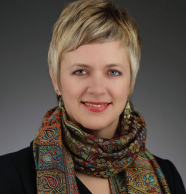
Jennifer Mammen, PhD, MSN, NP-BC, RN
Nominated by: June Horowitz
Dr. Jennifer Mammen is an advanced practice nurse, informaticist, and mixed methods researcher. Her research focuses on exploring patient experiences of living with chronic illness and the symptoms and effects of disease that matter to patients and families. She works with international study teams to evaluate patient-perceived relevance of new outcome measures (e.g., digital health technology and patient-reported measures) and to optimize clinical interventions. She has collaborated with the FDA and is a scientific advisor to Critical Path for Parkinson’s. Additionally, she has widely disseminated her research methods and outcomes through numerous publications and scholarly presentations.
Most notably, Dr. Mammen has pioneered new symptom mapping techniques that help to connect patient experiences to clinical outcome measures and digital health technology. Her innovative approach, symptom mapping, is a visual, qualitative/ quantitative technique that enables in-depth exploration of patient experiences in a systematic manner that is fully quantifiable. Currently, she is the methodological lead for four active national/multi-national studies related to patient experience funded by the Michael J. Fox Foundation (MJFF), and another funded by the FDA. Furthermore, her work is influencing evolving clinical science and treatment. Notably, she co-chaired a MJFF-sponsored international task force comprising researchers, clinicians, industry partners, regulators, and patients/families to develop a consensus conceptual model of early Parkinson’s to define priority areas for clinical trials. She is now leading a similar effort to define priority areas of patient-centered research for dementia with Lewy body. As such, Dr, Mammen’s work holds tremendous potential to impact patient centered clinical care and nursing practice, both directly at the clinician level and indirectly, by making clinical trials of new drugs and devices more patient-centric.

Karen Collins, MSN, RN, PMH-BC, CARN
Nominated by: Cameron Doyle
Karen Collins began her nursing career in 1993, following the completion of a BA in psychology, and went on to achieve a master’s degree in nursing education in 2022. She is board-certified as a psychiatric mental health nurse and holds certification as an addictions nurse. With her extensive clinical knowledge and sound decision-making skills, Karen has played a vital role in developing the competence and confidence of her nursing colleagues. As a clinical instructor for undergraduate nursing students and a clinical coach for inpatient psychiatry, she tailors her mentorship approach to meet the individual needs of those she works with, ensuring they receive effective guidance.
Since 2022, Karen has become a prominent advocate for the Clinical Coach role, a new model designed to provide mentorship to newly licensed nurses after their initial three-month unit orientation. She has used data to inform a Benner-based competency development model, successfully mentoring 22 new graduate nurses since adopting this role. Karen’s efforts have been recognized with the prestigious Pillars of Excellence Award from Mass General Hospital. She has also shared her expertise through presentations, including a poster at the American Psychiatric Nurses Association Annual Conference, a research project validating the Clinical Coach position, and a presentation at the American Organization of Nurse Leaders Annual Convention. These accomplishments highlight her unwavering commitment to advancing nursing practice and improving patient care.

Lucinda Canty, PhD, CNM, FACNM, FAAN
Nominated by: Gabrielle Abelard
Dr. Lucinda Canty is a visionary leader whose contributions to nursing have profoundly impacted the fields of diversity, equity, and inclusion. As the Principal Investigator for the Reckoning with Racism in Nursing documentary, supported by the Robert Wood Johnson Grant, she has shed light on the enduring effects of systemic racism in nursing and patient care. Through this groundbreaking project, Dr. Canty has amplified the voices of Black nurses, fostering critical discourse and actionable change within the profession. Her dedication to historical truth and social justice has led to national recognition, as she continues to champion equitable healthcare policies and inclusive nursing practices.
Beyond her research and advocacy, Dr. Canty serves as the CEO of Lucinda’s House, a community-based organization that provides essential support for women and families facing domestic violence and homelessness. Additionally, as the inaugural Director of the SEEDS Program at UMass Amherst’s Elaine Marieb College of Nursing, she has been instrumental in mentoring underrepresented students and securing funding to support their academic success. Her unwavering commitment to addressing healthcare disparities, particularly in Black maternal health, underscores her passion for systemic change. Dr. Canty’s leadership, scholarship, and community engagement make her a distinguished advocate for justice and an exemplary awardee for the inaugural ANAMASS Diversity, Equity, and Inclusion Advancement in Nursing Award.

Nicole Lincoln, DNP, FNP-BC, RN
Nominated by: Nancy Gaden
Nicole is a Family Nurse Practitioner and an outstanding nurse leader. Over the last 18 months, she developed every component of the Boston Medical Center (BMC) Behavioral Response Team from assessment to clinical and operational design, through to implementation.
Nicole has been in key nursing leadership roles at BMC over the last decade, including as an educator and an innovator. It was her talent at innovation and truly listening to staff voices that made her successful in developing this 24/7 Behavioral Response Team. Nicole brought RNs and Nursing Assistants together to do a fishbone diagram looking at the drivers of patient and family agitation. She developed goals and a business plan and reached out to other hospitals to look at best practices. She collaborated across every department of BMC and partnered with addiction, psychiatry, and geriatric physician leaders to create protocols.
The wonderful work of Nicole’s APRN team has significantly mitigated safety issues with high-risk patients – and the support to the frontline staff is palpable. She has established key performance indicators to evaluate the efficacy of the program and in the 12 months since go-live, we have seen remarkable results, including a 40% decrease in the number of physical assaults on our staff and a 50% reduction in restraint hours here at BMC. Nicole’s approach emphasizes a proactive stance on safety, focusing not only on patient de-escalation but also on supporting staff. Her efforts have contributed to the overall safety culture at BMC, and her commitment to staff well-being, collaboration, and innovation are key factors in the enormous success of the BMC Behavioral Response Team.
UMove to Improve Mobility Program
Nominated by: Karen Uttaro
(UMASS Memorial Medical Center)
There is a direct correlation between increased length of stay and immobility in the hospital setting. Recognizing that capacity constraints at UMass Memorial Medical Center were becoming more challenging, improving patient mobility quickly became a quality and safety FY24 goal. The vision was to design a realistic and sustainable mobility program which would reduce both length-of-stay AND the deconditioning which increases the need for rehabilitation stay post-discharge.
A group was recruited to review the literature, evaluate best practices, and design a curriculum that would support this new intervention. Two of our passionate nurse educators (Lauren Nielsen and Ashleigh Dow) were asked to lead this group. They developed a multi-modal curriculum which included an e-learning module and a psychomotor return demonstration. Bringing their curriculum from concept to reality was no small effort, as it meant executing comprehensive skills sessions with a standardized approach across two campuses. This dedication to preparation and training fostered confidence in the staff to participate wholly in the pilot phase. Also, training staff on both campuses was a great primer prior to the larger rollout of the program.
Once a pilot unit was identified, Lauren and Ashleigh expanded their team and worked with unit nurse educators Sujatha Varadarajan and Robin Ricker, and the Nurse Manager Susan McAlpine, to implement the curriculum and plan. The team recognized that end-user feedback was critical, so they engaged frontline staff to obtain regular feedback. The program was showcased to the entire medical center during Patient Safety Awareness Week. Mobility is an interdisciplinary opportunity, so engaging providers, physical therapists, front-line staff, and the entire care team was a critical step in the journey.
The program quickly moved from being called a “mobility program” to being branded “UMove to Improve” after staff voting. As a result of this team’s dedication, nearly 10 months later, all of the acute care units have integrated the UMove to Improve program into practice. The educator team has incorporated UMove to Improve education into new hire training and annual education. Tracking of patient mobility has shown amazing growth and progress in assessing patient mobility and increasing patient mobilization.
Benjamin Fierro and Patricia Lynch
(Lynch and Fierro, LLP)
Nominated by: Silda Melo
Through their steadfast commitment and unwavering support, Patricia Lynch and Benjamin Fierro have championed nursing in Massachusetts by advocating for policy changes, promoting a
positive image of the profession, and collaborating closely with ANAMASS to address pressing legislative and policy priorities. Their contributions have ensured that legislative proposals advance in ways that are impactful, practical, and aligned with the values and priorities of Massachusetts nurses. This has included Chapter 155 legislation relative to quality measures applicable to staffing in hospital intensive care units, the achievement of full practice authority for APRN’s, ensuring that there is nursing representation on the Massachusetts Health Policy Commission, and recent passage of the Nurse Licensure Compact, which will allow Massachusetts nurses greater mobility across state lines to meet diverse healthcare needs.
Patricia and Ben have also been committed advocates for improving the workplace environment for all nurses and have elevated the presence of ANAMASS within policy discussions at multiple legislative, regulatory and administrative levels. Their contributions have enhanced the work of the ANAMASS Health Policy Committee (HPC), ensuring that legislative proposals advance in ways that are impactful, practical, and aligned with the values and priorities of Massachusetts nurses. During the COVID-19 pandemic, they were tireless advocates and facilitated access to essential Personal Protective Equipment (PPE). This responsiveness underscored their dedication to safeguarding the health of both nurses AND patients.
Lynch & Fierro’s have supported the HPC’s work on workplace violence prevention, focusing not only on physical violence but also on psychological threats, including racial discrimination, bullying, and verbal abuse. Their advocacy helped ensure that this critical issue was elevated within policy discussions and received the attention it deserved. In a similar fashion, they have backed efforts to advance safe patient handling and mobility, demonstrating their understanding of the physical demands nurses face and their commitment to creating safer work environments. Ben has continued the firm’s enthusiastic support for S1572/H766, which, if enacted, would require that a nurse serve on the board of every acute care hospital and nursing home in Massachusetts - a vital step toward embedding nursing perspectives within healthcare governance.
Patricia’s untimely passing in July 2024 marked a tremendous loss, yet her legacy of collaboration, advocacy, and support for nursing lives on. She and Ben have created lasting, positive impacts through their commitment to nursing advocacy and their partnership with ANAMASS. In honoring them with the Friend of Nursing Award, we recognize their extraordinary contributions to advancing the profession and supporting nurses across the Commonwealth.
